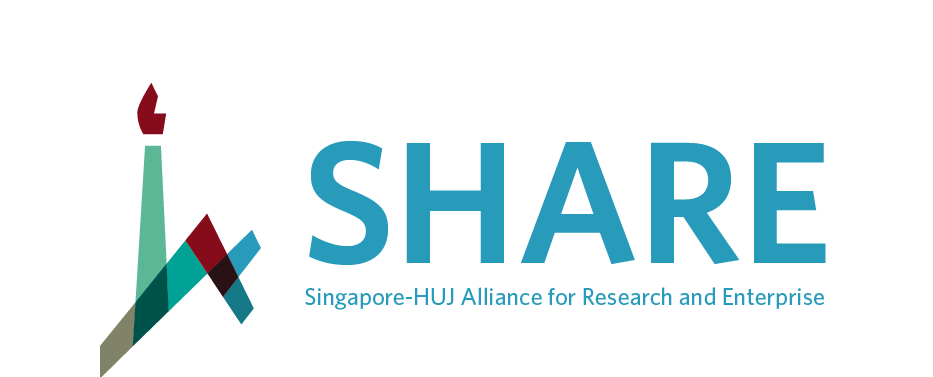Prof David Engelberg
The Hebrew University of Jerusalem

The molecular basis of inflammatory diseases is complex and far from being understood. Unlike the case of cancer, in which genes and mutations that cause the disease were identified, the trigger and the etiology of chronic inflammation is unknown. However, several biochemical pathways are abnormally overactive in most inflammatory diseases and serve as prime suspects for causing the disease. Such critical pathways are those of the p38 stress/MAP kinase and the ERK MAP kinase. Yet, although considered a target for therapy and is strongly associated with inflammation, the exact role of p38 and ERK in inflammation is not known. It is not even known if their activation would be sufficient to impose inflammation in cells, animals or humans. Such experiments cannot be performed because it is not known how to activate p38 individually in cells or animals. My group is focusing on engineering p38 and other MAP kinases to render them intrinsically active. Using specifically designed Molecular Evolution approaches we were able to isolate intrinsically active variants of p38 and ERK. When these engineered molecules are expressed in biological systems, they are spontaneously active, namely, without the need to expose the system to any stimulation. Thus, only the transgenic molecule is active disclosing most accurately the very specific functions of p38. Using transgenic cells and mice expressing these molecules we shall now be able to answer the question of the linkage between p38, ERK and inflammatory diseases.
SELECTED PUBLICATIONS
- Engelberg, D., Klein, C., Martinetto, H., Struhl, K. and Karin, M. 1994. The UV response involving the Ras signaling pathway and AP-1 transcription factors is conserved between yeast and mammals. Cell 77, 381-390.
- Engelberg, D., Mimran, A., Martinetto, H., Otto, J., Simchen, G., Karin, M. and Fink, GR. 1998. Multicellular stalk-like structure in Saccharomyces cereviaise. J. Bact. 180, 3992-3996.
- Bell, M., Capone, R., Pashtan, I., Levitzki, A. and Engelberg, D. (2001). Isolation of hyperactive mutants of the MAPK p38/Hog1 that are independent of MAPKK activation. J. Biol. Chem. 276, 25351-25338.
- Engelberg, D. 2004. Stress-activated protein kinases – tumor suppressor or tumor initiators? Seminar in Cancer Biology, 14, 271-282
- Levin, V., Kogan, K., Ahn, NG., Livnah, O. and Engelberg, D. 2008. Isolation of intrinsically active (MEK-independent) variants of the ERK family of MAP kinases. J. Biol. Chem. 283, 34500-34510.
- Maayan, I. and Engelberg, D. 2012. A Pbs2-independent phosphorylayion of the yeast MAPK p38/Hog1. PLoS One 7, e44749.

